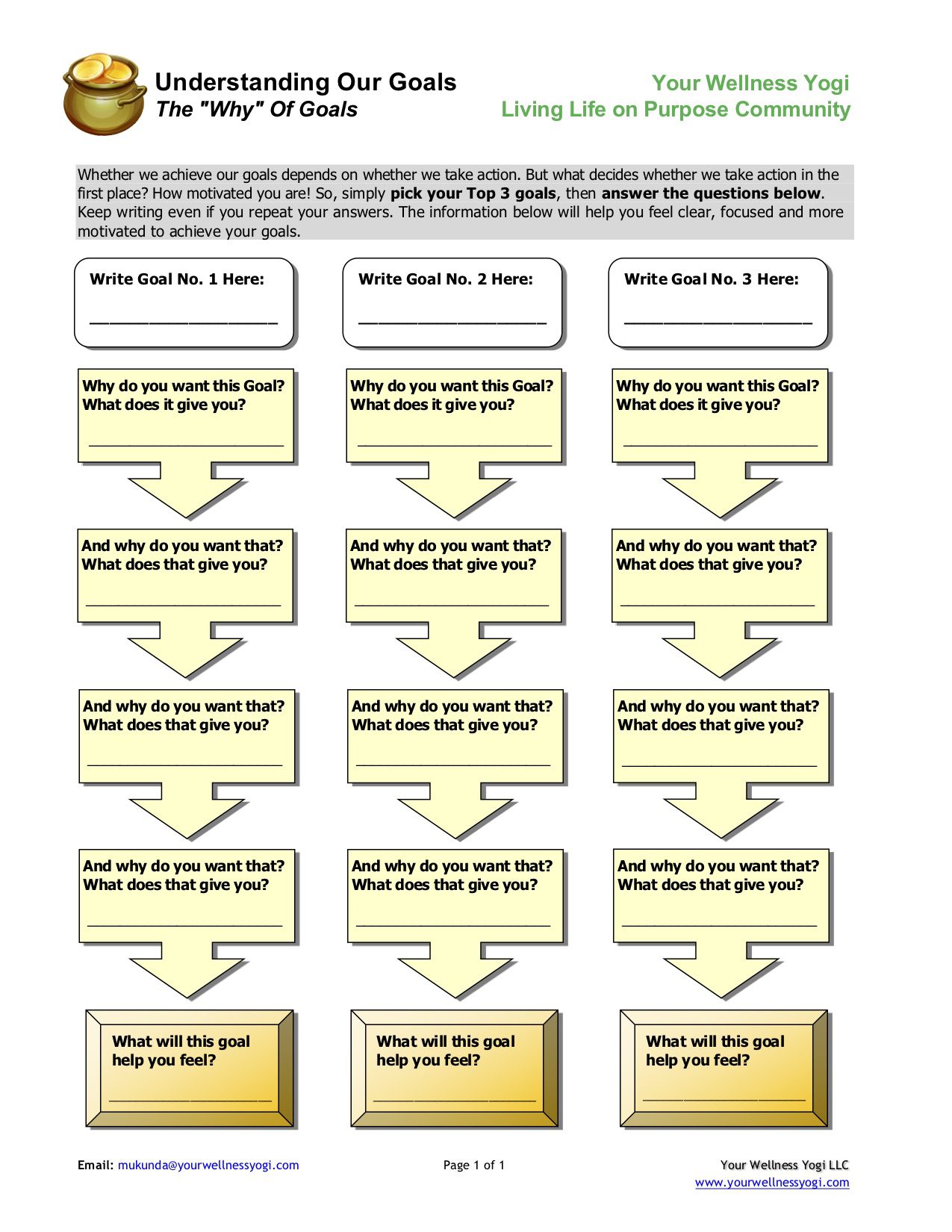How often do we look at a person and judge them harshly without knowing their full life story? More often than not, we scrutinize a person without learning who they are. We blame them for their suffering without understanding the circumstances that have resulted in hardship and grief.
By developing our compassion, we can begin to understand another person’s sorrow without judgement. We no longer blame another person for difficulties in life; instead, we begin to attempt to understand a person’s hardships. As a result, we can take action to help those in our lives, without judgement. Recognizing that a person is suffering and offering help differs from other forms of helpful or humane behavior in that its focus is primarily on the alleviation of suffering.
Compassion is a feeling we possess when we have a shared sense of suffering—most often combined with a yearning to alleviate others’ suffering—to demonstrate kindness without asking for anything in return.
As people interested in living spiritual lives, we have discovered wonderful methods for healing ourselves. We have our own ways of freeing our hearts, have learned to live healthy lifestyles with proper nutrition and exercise, and have learned to take time for ourselves to heal and grow.
However, we often ignore others’ suffering. Our world is so full of violence, anger, injustice, and hate. As spiritual beings living material lives, we each have a responsibility in our own lives to raise ourselves above darkness, and to choose to see love over fear. Compassion is an essential skill that can be improved over time to transform your life and increase your happiness.
Life is busy. Having compassion is a process of learning to see something from another person’s point of view. Through the complications of modern life, we stop making an effort to be in others’ Shoes, or to see others’ points of view when we disagree with them. We may even begin to believe that such views are intended to, or actually is hurting us. Especially in the midst of disagreements, taking a moment to pause—thus taking ourselves out of the equation and attempting to see another person’s viewpoint—can be crucial to developing a compassionate heart. It is hard to wake up every day with an open heart and hope for everyone else’s suffering to end in this world. This is not just the end of suffering for our loved ones, but even those against whom we compete or hold grudges, who we have not forgiven, who have caused us harm, and who are toxic.
Below, find seven signs you’re a truly compassionate person:
- You find a shared spirit with other people.
- You act from a place of empathy.
- You’re kind to yourself and to others in your life.
- You teach others through leading by example.
- You’re mindful of other people’s feelings.
- You have high emotional intelligence and pay attention to other people’s feelings.
- You express an attitude of gratitude.
Humans have a natural capacity for compassion. However, everyday stress, social pressures, and life experiences can suppress it; this can potentially result in physical and psychological problems. The good news is that we can train ourselves to nurture others while developing our compassionate instincts. This process requires patience, steady care, proper tools, and a supportive environment.
When we commit to practicing compassion, our relationships become more intimate, anxiety and depression lessen, our minds become quieter, and we become more attractive to people because they can feel our hearts. By being compassionate, we are likely to discover our callings in life. You even feel the deep fulfillment of knowing you are contributing to a more loving world. May all beings be happy and free, and may all other words, thoughts, and actions contribute in some way to that happiness and freedom for others.
Seven Practices to Develop a Compassionate Mindset
- Develop a morning ritual. Greet each morning with a ritual. I recommend following the principals of the Miracle Morning, and adhering to the Life S.A.V.E.R.S. established by Hal Elrod. S – Silence, A – Affirmations, V – Visualization, E – Exercise, R – Reading, S – Scribe. By prioritizing time for ourselves and our own personal growth—even when we’re busy—our hearts are more open to live more compassionate lives.
- Empathy practice. The first step in cultivating compassion is to develop empathy for your fellow human beings. Many of us believe that we have empathy, and on some level nearly all of us do. But many times we are centered on ourselves, and we let our sense of empathy get rusty.
- Stop thinking so much about yourself. This sounds harsh, I know, but there’s an ancient Indian saying that the total amount of unhappiness in the world comes from thinking about ourselves, and the total amount of happiness in the world comes from thinking about other people. It’s the reason we get so excited, as adults, to give rather than receive. It’s also the reason we want to see our children do better than we have, and why cultivating love and compassion for a partner feels so great in the first place.
- Commonalities practice. Instead of recognizing the differences between yourself and others, try to recognize what you have in common. At the root of it all, we are all human beings; we need food, and shelter, and love. We crave attention, recognition, affection, and above all, happiness. Reflect on these commonalities you have with every other human being, and ignore the differences.
- Reach out with genuine concern. When you ask someone how he or she is doing, turn your full attention to the person in front of you. Let go of whatever you’re feeling and open your heart to your concern for their well-being. While at first it may seem pretentious, soon your caring will be genuine and you will see the difference it’s making.
- Remember the whole person. When someone is spiraling onto a negative path, you could lose sight of their positive qualities. Make it a point to remind yourself at that moment of a particular strength she/he has. Maybe it’s his loyalty, humor, or patience. See the whole person.
- Stop judging. Your inner judge is always on duty. Whether you’re thinking of yourself or your neighbor, your mind is certainly making a judgement. This is what it does; however, how many times a day do you think, “I’m stupid, or I feel ugly today?” Do you ever catch yourself commenting on a co-worker’s outfit in your head? That is your mind passing judgement.







